
ICTS Symposium – “Contested (Hi)Stories in Media and Creative Art”, includes Music Performance and Film Screening of Oksana Karpovych’s “Intercepted” (18 Mar, 2025)
3:00 – 8:00 pm at Dance Limerick (Church), John Square
Programme:
- 3.15 pm Welcome & Introduction
- 3.30 pm Performance
- 4:15-5.45 pm Panel Discussion
- 5.45 pm Reception & Launch LEMF25
- 6:30-8:00 pm Film Screening & Roundtable
Academics, arts practitioners and performers come together in this interdisciplinary symposium to explore the role of media and creative arts in the telling of (Hi)Stories that challenge dominant narratives about global conflict and forced migration. The symposium kicks off with a live intimate performance of ‘Migrating Musical Selves’ which brings together Ukrainian sounds and stories. Vsevolod Sadovyj and Snizhana Rybal’ska intertwine these staged stories with melodies on unique historical instruments to illuminate the musical trajectories of forced migrants as they navigate new contexts. A panel of international artists and research project leaders will discuss forms of story-telling and how empowering arts can drive academic, political, and public discourse. Panellists include Prof. Florian Schneider (University of Trondheim/Galway); Prof. Monika Wolting (University of Wrocław); Dr. Ailbhe McDaid (MIC). The event concludes with a public screening of the award-winning Canadian-French-Ukrainian documentary Intercepted, by Oksana Karpovych. In this feature-length documentary sound and image merge as the film contrasts quiet compositions of everyday life of Ukrainians since the full-scale invasion with intercepted phone conversations between Russian soldiers and their families. The film raises key questions on fact and fiction, lived realities and media narratives. The event is FREE & OPEN TO THE PUBLIC. Participants and listeners are welcome to drop in throughout the day.
The symposium, organised by Dr Sabine Egger and Dr Ailbhe Kenny, is hosted by the Irish Centre for Transnational Studies (MIC) as part of this year’s Limerick Early Music Festival (LEMF25), and stage two of the interdisciplinary three-year-ICTS project “Trajectories of belonging: Creative (hi)stories, spaces and futures of migration”. The event is supported by the MIC Research & Graduate School‘s ‘Group Support Scheme’ and the EDII Office.
Find the full symposium programme and further information below, and the LEMF25 programme here.
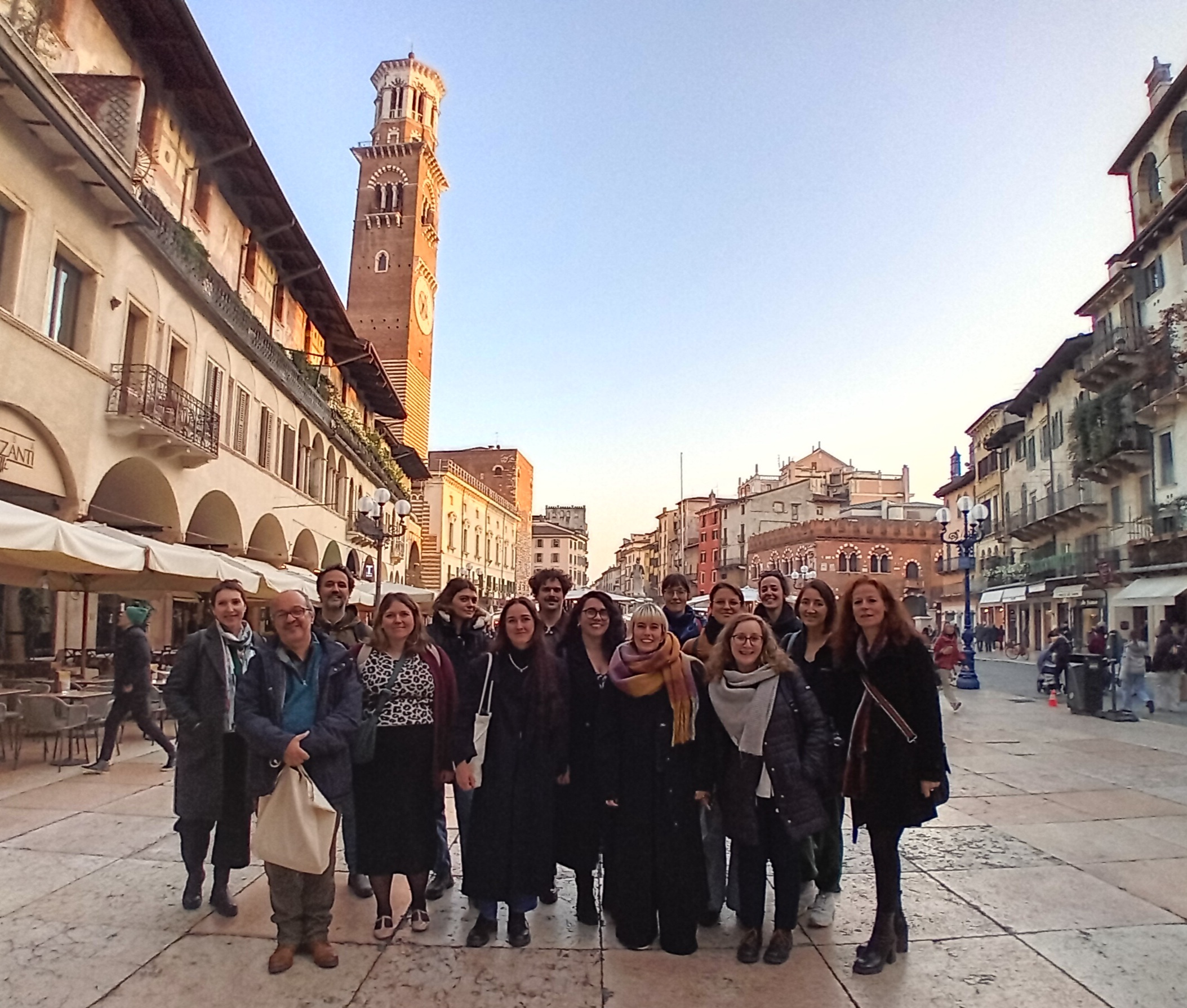
ICTS News – 2nd European Graduate Collaboration Conference, University of Verona: “Crises, Disasters, Destruction” (Nov. 2024)
Four MIC graduate students, associated with the Irish Centre for Transnational Studies (ICTS), were allocated external funding to present their research at the 2nd interdisciplinary conference of Euro.Cultural.Connect: European Network for Early Career Researchers in the Humanities and Social Sciences (MIC project lead: Dr Sabine Egger, German Studies). The conference, focusing on approaches to “Crises, Disasters, Destruction“, took place at the University of Verona, 14-16 November 2024, and included papers by Róisín Doherty McBride (PhD, History; “Migration as a response to personal crises: Moving abroad after prison sentences in 1890s Ireland”); Dr Chrysi Kyratsou (Postdoc, Music Education; “Musicking crisis: migrant enquiries of spatial (non-)belonging”); Inga Owesen (PhD candidate, German Studies; “Is women’s leadership the answer? (Re-)Imagining female leaders in German Fantasy Literature”); Hanna Rompf (PhD candidate, German Studies; “Narratives of self-determination as a response to experiences of crisis”). Network partners are the University of Augsburg (Germany), University of Bucharest (Romania), University of Nancy (France), University of Santiago de Compostela (Spain), University of Verona (Italy), and MIC (Ireland). Papers by MIC participants focused on crisis as turning point and its potential for change.

MIC’s Róisín Doherty McBride, Dr Chrysi Kyratsou, Inga Owesen, and Hanna Rompf.
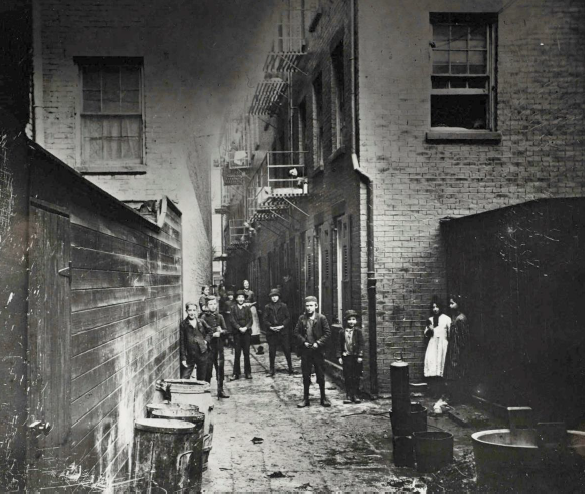
ICTS Workshop – “Creative Histories of Migration”, May 17th 2024 @ MIC G.08 Foundation Building
Workshop hosted by
Irish Centre for Transnational Studies
In association with the Department of History
Mary Immaculate College, Limerick
Friday 17 May 2024
.
Programme
11am-11.45am
No Academic is an Island: Some Thoughts on Collaborative Creative (Hi)stories
Professor Martin Evans, University of Sussex
***
Coffee Break
***
12.05pm-12.50pm
Creative Pathways in the Collaboration between Academics and Artists
Professor Ulrike Hanna Meinhof, University of Southampton
***
Lunch break, 12.50pm-1.50pm
***
1.50pm-3pm:
Creative Histories: Artists Roundtable
Deirdre Mulrooney (Film-maker and journalist)
Michael J. Sheehy (Singer-Songwriter)
Eileen Gogan (Singer-Songwriter)
***
3pm-3.45pm
Voices of Mississippi
Professor William R. Ferris, University of North Carolina (online)
***
3.45pm
Closing Remarks
***
5pm
Irish launch of the Bring Your Own Hammer album, ‘My Grief on the Sea’
by Professor William Leahy at Steamboat Music with performances from Eileen Gogan and Michael J. Sheehy
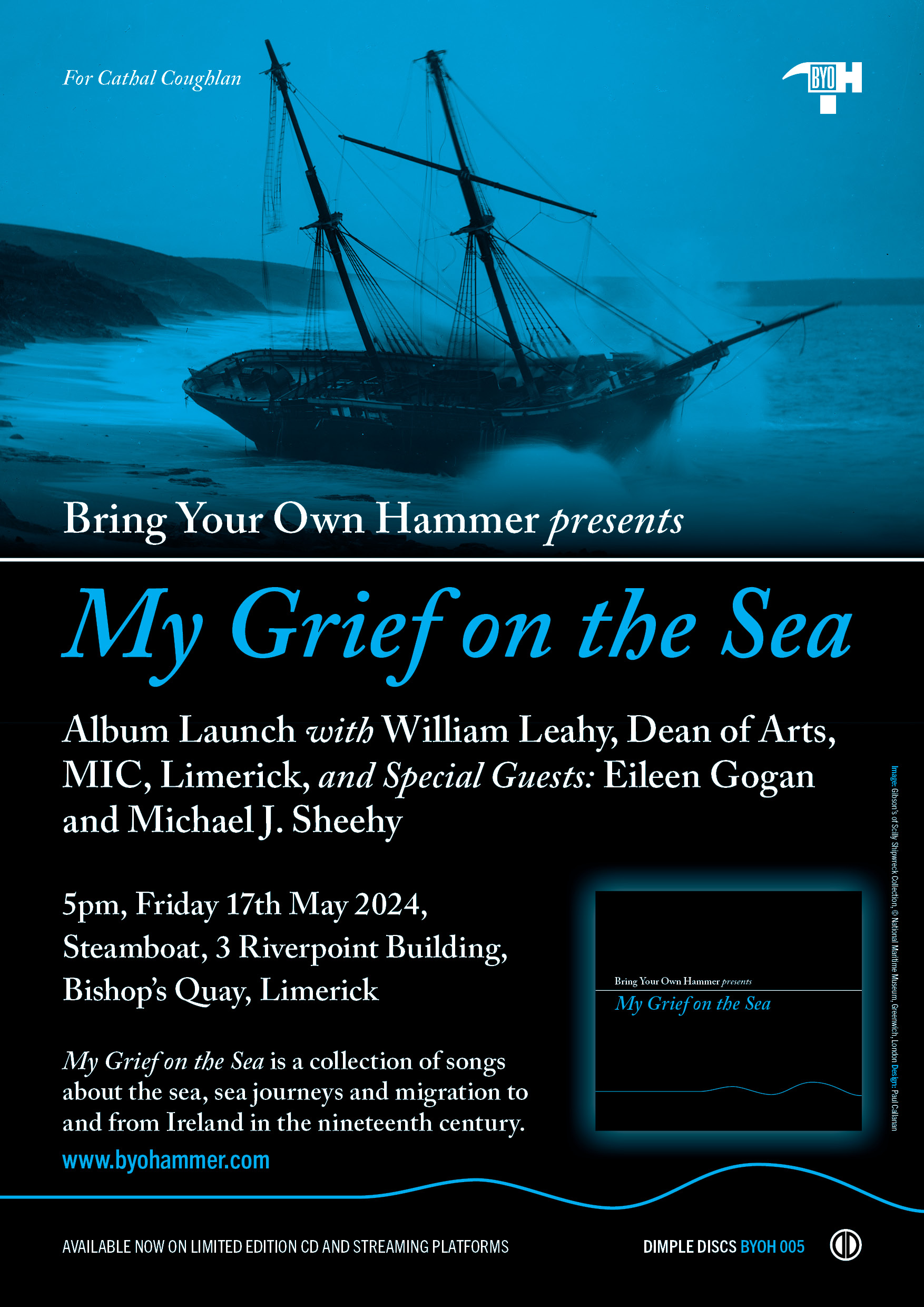
To reserve a place for the workshop, please e-mail us at icts@mic.ul.ie before 10 May 2024.
The workshop is part of the interdisciplinary three-year-ICTS project “Trajectories of belonging: Creative (hi)stories, spaces and futures of migration”. For further information on the Irish Centre for Transnational Studies (ICTS) see www.ictstudies.ie.
You can contact us at icts@mic.ul.ie.
Fáilte Roimh Chách! / All Welcome!
Workshop organizers: Richard Mc Mahon, Sabine Egger, Ailbhe Kenny, Mairéad Ní Bhriain
Funded by: Research & Graduate School’s ‘Group Support Scheme’, MIC & Dept of History, MIC

Launch –
#languages250 :“Towards 250 Years of Modern Languages at Third Level”,
Royal Irish Academy in Dublin, 12 December 2023.
The launch event for #languages250 at the Royal Irish Academy in Dublin, 12 December 2023, is designed to open up conversations around the value and significance of languages across a range of sectors, including education, business, technology, science, politics, peace-building, diplomacy and culture. Panels include a number of high profile speakers, such as Micheál Martin, Tánaiste, Minister for Foreign Affairs and Minister for Defence, language rights activist Linda Ervine, and writer and documentary-maker Manchán Mangan. We will explore ways in which policy can support languages to overcome existing challenges and harness potential opportunities. In short, we will emphasize why languages matter. Ireland can boast of having the longest tradition of “institutionalised” modern language teaching in academia in the world, thanks to the first university positions in French, German, Italian and Spanish, established in Trinity College Dublin in 1776.
Topics and questions to be addressed at this and following events include: how can we enhance the offering and uptake of languages from early childhood years through to university and beyond? What might an all-Ireland languages strategy look like? How can we sustain and share best practice, also in view of migration and the increasing number of languages spoken in Ireland? How can languages be better supported in the Technological Universities and Further Education colleges? What do developments in Artificial Intelligence mean for the field? To what extent are languages integrated into the broader Irish academic landscape and discourse? How does this impact on Ireland in an increasingly transnational, European and global context?
Full programme here
The opening event in December 2023 in the RIA will be the first of four annual events, followed by an event in Queen’s University Belfast in 2024, in Limerick in 2025 and finally in 2026 in Trinity College Dublin, where the first chairs were established 250 years ago.
In 2025, the Limerick event, co-hosted by MIC and UL, will take into account language learning at primary and secondary level in an international context, with migration as a key focus. We will be inviting contributions by colleagues and practitioners closer to the date, and welcome expressions of interest at any point.
This event series is organised by the Royal Irish Academy’s Languages, Literature, Culture and Communications Committee (LLCC) and the higher education institutions in Ireland.
The “250 Years of Modern Languages at Third Level” working group includes:
Prof Gisela Holfter (UL),
Prof Jürgen Barkhoff (TCD),
Prof Janice Carruthers (QUB),
Dr Úna Carthy (ATU),
Prof Michael Cronin (TCD, member of RIA LLCC, 2022-26),
Dr Sabine Egger (MIC, member of RIA LLCC, 2022-26),
Tanya Flanagan (One Voice for Languages & St. Farnan’s Post Primary School),
Dr Déirdre Kirwan (former Principal, Scoil Bhríde Cailíní),
Prof Bettina Migge (UCD),
Prof Isabel Torres (QUB).
The launch event is kindly supported by the Faculty of Arts, Roinn na Gaeilge and the Irish Centre for Transnational Studies. The Limerick conference in 2025 will be supported by all Modern Language departments at MIC.
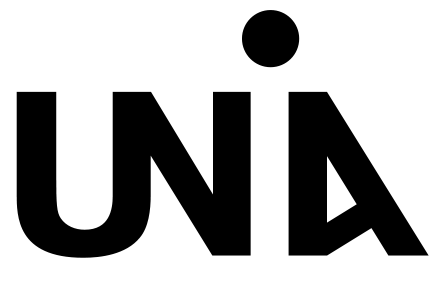
European Graduate Collaboration Conference –
“Taking the Bull by the Horns. Humanities and Social Science Perspectives on the Idea of Europe”, University of Augsburg (Germany), 3-5 November 2023
From 3rd – 5th November 2023 three MIC postgraduate students associated with the Irish Centre for Transnational Studies (ICTS) participated in the graduate conference ‘Taking the Bull by the Horns. Humanities and Social Science Perspectives on the Idea of Europe’. PhD students Hanna Rompf (German Studies); Rebecca O’Grady (French Studies/German Studies); and Amélie Gaillat (History) discussed the idea of Europe as a transnational space from the perspective of their current research projects.
This was the first step toward a new interdisciplinary graduate network reaching across disciplines of the humanities and social sciences. Networking partners are the University of Augsburg (Germany), University of Verona (Italy), University of Bucharest (Romania), the University of Santiago de Compostela (Spain) and a French partner institution (tbc). The aim is to support graduates at PhD and postdoctoral level from participating institutions to collaborate, access international funding, and support them on their further career paths. Contact person at MIC: Dr Sabine Egger.
Programme and further information here.
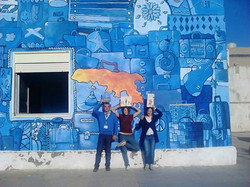
Guest Lecture –
“Exploring Silent Books: Using Wordless Picture Books in the Classroom”, Dr Áine McGillicuddy (Dublin City University), 23 Mar 2023 @ 9am in MIC (Room S103)
In 2012 the Italian branch of the International Board on Books for Young People (IBBY*) established a library on Lampedusa Island, Italy for the use of local children but also for the many refugee children arriving there from Africa and the Middle East. The challenge was to find books to appeal to children of different ages and from diverse cultural and linguistic backgrounds – books that could provide some respite for children traumatised by displacement and conflict. Wordless picture books were identified as an ideal genre, given they can be enjoyed by children of all ages without the restriction of language barriers. The Lampedusa Library initiative led to the creation of a collection of wordless picture books, comprising more than a hundred titles, donated from over twenty countries. One set of this collection remains in Lampedusa while another has evolved into a travelling exhibition, the “Silent Books Project”. Since 2013 this exhibition has toured many countries with the aim of inviting readers, young and old, and from different linguistic and cultural backgrounds, to engage with these wordless picture books in diverse ways. The lecture will provide an introduction to IBBY* and its Silent Books project, and discuss responses by different groups of readers. Questions arising may include how picture books with and without text challenge young readers narratively but also enable them to attain agency through the silent power of pictures.
All welcome!
The lecture will be followed by an interactive workshop for undergraduate students participating in FR4768/GE4788.
Dr Áine McGillicuddy (B.A., M.A., Ph.D) is Assistant Professor in the School of Applied Language and Intercultural Studies (SALIS) where she lectures in Children’s and YA Literature Studies. She is co-editor of Politics and Ideology in Children’s Literature and has authored articles and book chapters on topics ranging from Alsatian Expressionist writer René Schickele (1883-1940), child exiles from the Nazi era to picturebooks engaging with migration in contemporary contexts. She was a long-standing executive committee member of the Irish Society for the Study of Children’s Literature (ISSCL) and Vice-President / President of the Irish branch of the International Board on Books for Young People (IBBY) as well as a board member of the Irish Humanities Alliance from December 2017-2020. She is a member of DCU’s Centre for Translation and Textual Studies (CTTS), was the CTTS Director from January 2017-August 2020, and a member of the DCU research team for the EU co-funded Creative Europe project G-Book 2: European teens as readers and creators (2020-2022).
If you are interested in a recording of the lecture, please contact ICTS@mic.ul.ie
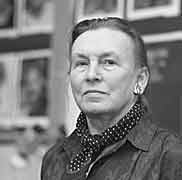
Public Lecture –
“Elizabeth Shaw: An unknown Irish writer behind an East German children’s classic”, Sabine Egger (MIC), 23 Feb 2023 @ 6pm in the Tara Building, MIC (Room T118)
The Faculty of Arts at MIC celebrates 30 years of its landmark BA Liberal Arts this year. In celebration a series of public lectures will take place from January to March showcasing some of the excellent academics who form part of the Faculty and the various subjects which fascinate them.
On 23 February 2023, Dr Sabine Egger of MIC will give a lecture entitled
Elizabeth Shaw:
An unknown Irish writer behind an East German children’s classic
Elizabeth Shaw was an Irish artist and illustrator with an extraordinary 20th century life story. Born in Belfast in 1920, Shaw spent most of her adult life living in communist East Berlin. She worked as a caricaturist for Neues Deutschland, the newspaper of the ruling Socialist Unity Party. However, Shaw is best known as an author of books for children. Generations of German children, also outside the GDR, have read the picture books she wrote and illustrated, which remain in print to this day. But in Ireland, Elizabeth Shaw has remained largely unknown.
What made Shaw’s work such a success, including its ongoing popularity in today’s Germany? How are her work, private and political life interlinked? How has this influenced her perception through media in Ireland and abroad? What role does her Irish background play in all of this? And, last but not least, what answers can be found in Shaw’s autobiography Irish Berlin, published in 1990, shortly after the fall of the Berlin Wall, and in her recently found Stasi secret police file?
Drawing on her research, and on previously unpublished Stasi archive material found by her colleague, Dr Fergal Lenehan of the University of Jena, Dr Egger’s talk will open new insights into the fascinating life and work of a woman the Irish historian Damian Mac Con Uladh called the “GDR’s most prominent resident from Northern Ireland” – and the recent interest of Irish and British mainstream media in her.
For more information on the lecture series and a link to register for the lecture please click here.

ICTS Webinar Series Spring 2022 –
“Digital Feminism, Activism, and Transnational Spaces”, Dr Marita Ryan (MIC),
May 4th 2022 @ 1pm (IST)
Spring Webinar Series 2022 in association with the Institute for Irish Studies and the Irish Women’s Writing Network
The digital world has fundamentally changed how we engage with feminist theory, research and practice. This paper explores the opportunities and challenges presented by digital feminism. It takes, as a starting point, a study by Josiane Jouët who, as part of a three-member research team conducted a two-year research project on feminist activism in France that focused on the role of digital media, analysing its impact on feminist practice and organisation, where as she attests ‘many results have broader implications for the evolution of feminism in Western countries’. The paper examines the implications of a selection of these results in an Irish context and considers the nature of feminisms in Ireland in the present day. It considers how digital media mobilises awareness of feminist causes in both a local and global context and promotes feminist activism in both online and offline environments. Considering forms of digital feminist activism in Ireland facilitates a discussion around the level of material change that may emerge and the transnational spaces and communities that arise from these practices.
Biographical Note: Dr Marita Ryan is a Lecturer with the Department of English Language and Literature in Mary Immaculate College where she teaches at both undergraduate and postgraduate level. Her research interests include literary and cultural theory, French Feminist theory esp. the work of Luce Irigaray, and Contemporary Irish Literature. She was co-editor of Passages: Movements and Moments in Text and Theory and has published articles on Luce Irigaray’s work in a multicultural context. Her doctoral research explored the representation of the migrant in a range of contemporary Irish literature.
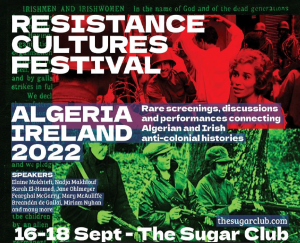
Culture Festival –
“Algeria – Ireland: Resistance Cultures Festival”, @ The Sugar Club (Dublin), 16-18 Sep 2022
Curated by:
Martin Evans (Sussex University), Mairéad Ní Bhriain (MIC, Limerick), Dónal Hassett (UCC), Aoife Connolly (TU Dublin).
2022 marks one hundred years since the independence of the Irish State and sixty years since Algerian independence. Bringing together Algerian and Irish photographers, filmmakers, musicians, dancers, scholars and writers for the first time, this three-day festival will explore the common anti-colonial resistance histories across these two key moments in the global end of European Empires. Exploring identities, violence, memory, futures, and women’s histories, this unique cross-cultural conversation of rare screenings and performances accompanies the two live cine-concerts of the Battle of Algiers by Asian Dub Foundation. Speakers include Elaine Mokhtefi, Rabah Aissaoui, Steve Savale, Alan O’Leary, Nadja Makhlouf, Martin Evans, Sarah El-Hamed, Paul Torley, Hédia Yelles-Chaouche, Liz Finnigan, Djamel Mrah, Jane Ohlmeyer, Mairéad Ni Bhriain, Orfhlaith Ní Bhriain, Síobhra Aiken, Pat Crowley, Aoife Connolly, Dónal Hassett, Belkacem Belmekki, Sarah Dunstan, Fearghal McGarry, Miriam Nyhan, Mary McAuliffe, Maurice Casey, and Azzedine Haddour.




